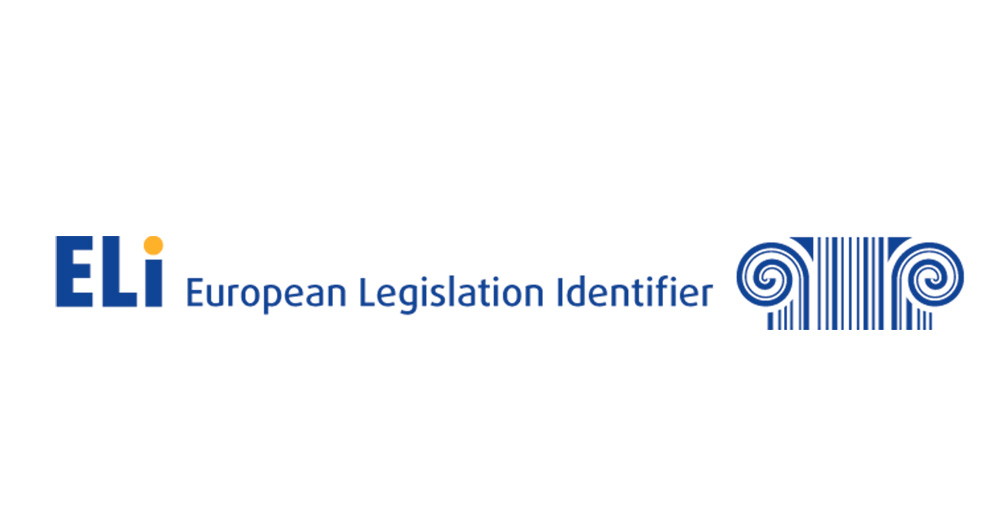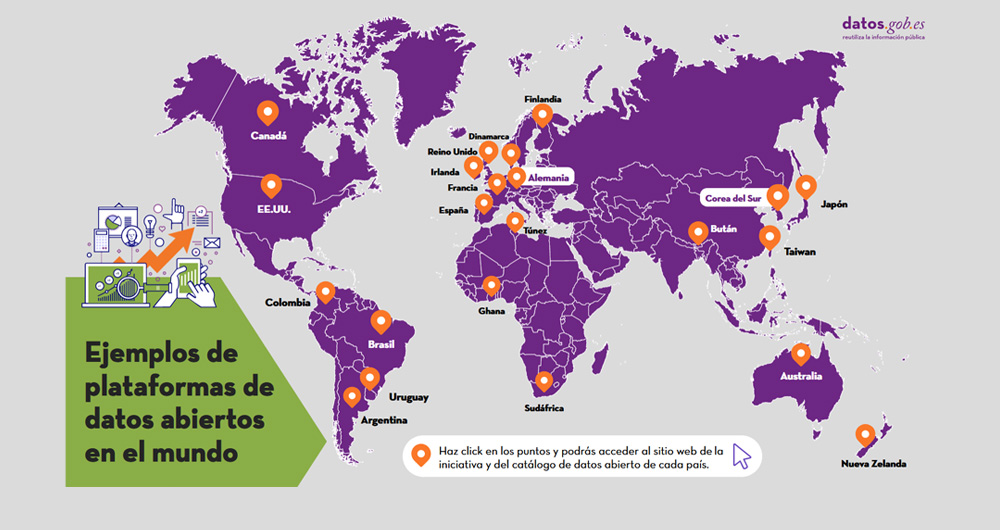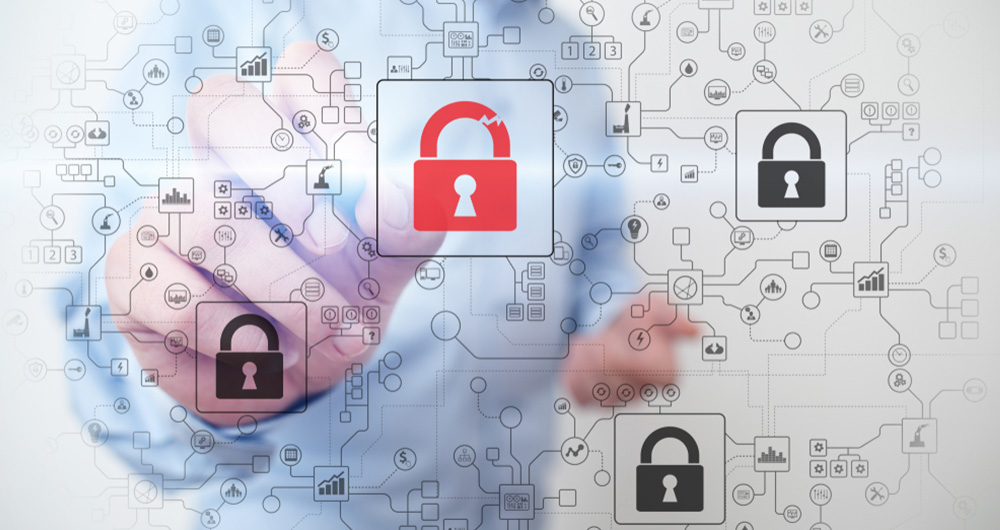14 posts found
PET technologies: how to use protected data in a privacy-sensitive way
As organisations seek to harness the potential of data to make decisions, innovate and improve their services, a fundamental challenge arises: how can data collection and use be balanced with respect for privacy? PET technologies attempt to address this challenge. In this post, we will explore what…
Open data to drive energy efficiency and sustainability
The promotion of energy efficiency and sustainability is one of the priorities of the European Union and Spain, as reflected in the European Green Pact. The availability of open data related to energy production, distribution and consumption allows governments, businesses and citizens to access…
The importance of Critical Minerals: Where to locate data of interest?
The energy transition is also a transition of raw materials. When we imagine a sustainable future, we conceive it based on a series of strategic sectors such as renewable energies or electric mobility. Similarly, we imagine a connected and digital future, where new innovations and business models re…
Open data for AI: UNESCO recommendations on open data
The UNESCO (United Nations Educational, Scientific and Cultural Organization) is a United Nations agency whose purpose is to contribute to peace and security in the world through education, science, culture and communication. In order to achieve its objective, this organisation usually est…
Hot OSM: Collaborative mapping to coordinate emergency response
The humanitarian crisis following the earthquake in Haiti in 2010 was the starting point for a voluntary initiative to create maps to identify the level of damage and vulnerability by areas, and thus to coordinate emergency teams. Since then, the collaborative mapping project known as Hot OSM (OpenS…
Common misunderstandings in data anonymisation
Data anonymisation is a complex process and often prone to misunderstandings. In the worst case, these misconceptions lead to data leakage, directly affecting the guarantees that should be offered to users regarding their privacy.
Anonymisation aims at rendering data anonymous, avoiding the re-ident…
European Legislation Identifier (ELI): an opportunity to boost interoperability and reuse of legal texts
Nowadays we can find a great deal of legislative information on the web. Countries, regions and municipalities make their regulatory and legal texts public through various spaces and official bulletins. The use of this information can be of great use in driving improvements in the sector: from facil…
Improving efficiency in the legal sector: LegalTech and data analytics
Digital transformation affects all sectors, from agriculture to tourism and education. Among its objectives is the optimization of processes, the improvement of the customer experience and even the promotion of new business models.
The legal sector is no exception, which is why in recent years…
Trends in open data around the world
In view of the series of current and future trends around the future of open data indicated in our report, we wanted to check to what extent these - or similar - trends are already present in the global open data community. To this end, we have verified the current activities and future plans of sev…
The importance of anonymization and data privacy
We are in a historical moment, where data has become a key asset for almost any process in our daily lives. There are more and more ways to collect data and more capacity to process and share it, where new technologies such as IoT, Blockchain, Artificial Intelligence, Big Data and Linked Data play a…









